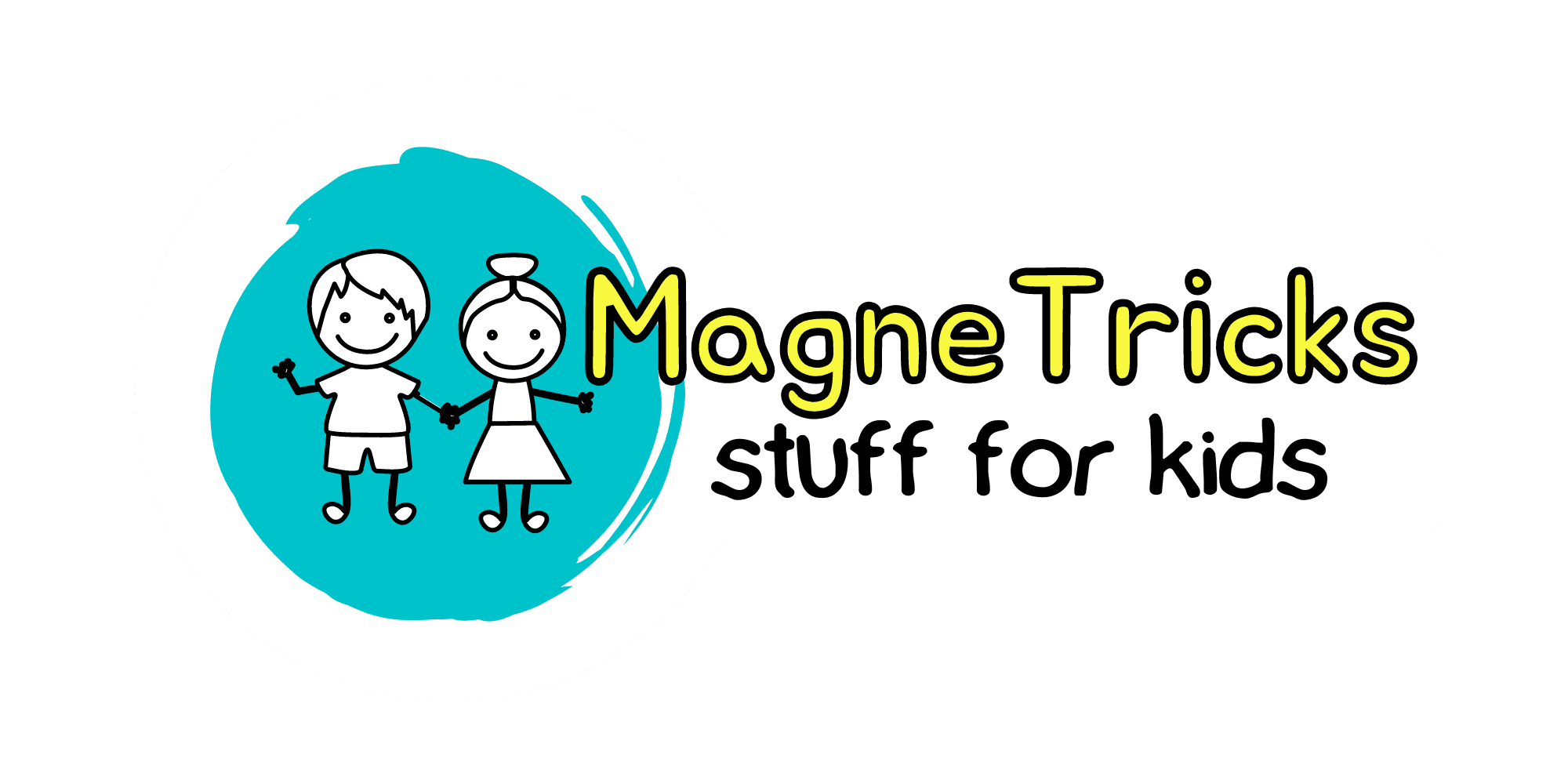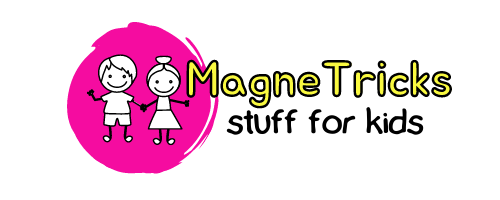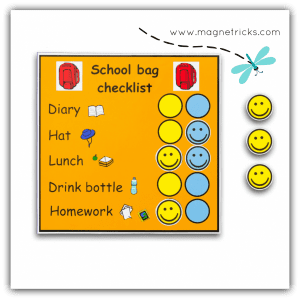Online gaming is the way of the future and your kids are going to want to engage. They see it as a way for them to play a game they love with their friends and perhaps even make new friends.
Parents see it as an opportunity for predators to lure their children. I’m going to share my experiences with you to give you some peace of mind and tell you how to keep your kids safe.
My experience
I helped run a very successful Australian online gaming community for 5 years. I was a mum at the time and originally started playing to have some downtime while my baby daughter slept. We ran servers for a variety of games with the most successful being Minecraft and Starmade.
I was one of the Minecraft and community managers and was responsible for overlooking everything and making sure undesirable people stayed away. I became more involved in the community when I saw they needed more adult and mature management. There was plenty of rude language, risky behaviour and I often had to step in to stop kids from doing silly things.
What people think happens
Certain publications about online games (like this one about the game Roblox) lead people to believe that online games aimed at kids are a cesspool for paedophiles. Public perception is that any ‘adult’ type conversations that happen in these games come from adults – and they’re adults posing as children with the intention of luring kids into inappropriate conversations and interaction. Public perception is that any adult (especially male) playing online games with kids must be a predator.
I (a mum and teacher) was even labelled a paedophile in a passing comment by a teen boy’s mum when he was telling her about our community. Many people can’t fathom why an adult would play these games that also appeal to children – the reason must be to prey… what else could it be?
What actually happens

Yes, there are adults playing online games with kids. Some of them are parents keeping and eye on their kids; some of them simply love games; others are lonely and isolated and use games to reach out to other people – many teens also do it for this reason. The VAST majority of adults who play games are not interested in engaging with children. In my experience, not one adult from our community (which consisted of thousands and thousands of people) was interested in engaging improperly with kids or even teens.
The vast majority of people online are more honest about who they are because there is a barrier between them and everyone else – it gives them a level of security and makes them feel like they can be themselves.
Parents will have a look into their children’s games and see inappropriate conversations that are lewd and crude. They presume these people to be adults, but they’re really not. I’m not saying these people don’t exist and I’ll tell you soon what you can do to protect your kids, but for now let me explain what REALLY goes on.
Who engages in inappropriate behaviour
The 11-15 year old’s are the ones that engage in inappropriate conversations and role play with kids, not the adults.
Part of my job was to reign these kids in so it was a safe and welcoming environment for all. I know from my experience as a teacher that children enjoy taking risks and being funny or silly when no one is watching. They think in these settings that what happens in the game will not get back to their parents, so they play up. Yes, your kids play up when you’re not watching them. After all, saying ‘penis’ or ‘boobs’ in a public forum in front of other kids makes you pretty funny and awesome. It might result in them being popular or making friends.
What they say though extends far beyond saying boobs or penis. I’ve seen kids say things that I know nothing about – these kids come from all walks of life and have access to a wealth of information in today’s technological age.
Things I've witnessed and experienced
- I’ve seen a dad build a server and online community so he could watch over and protect his teenage daughter.
- A young teen once posed as a 35 year old man because he thought no one would like him as he was.
- I’ve seen another young man (20) pretend to be a young married woman because he was afraid he wouldn’t be liked as himself.
- I had the pleasure of meeting an 11 year old girl with a better vocabulary and better written skills than many of the adults I know. Totally thought she was an adult!
- I’ve seen a 10 year old girl talk about sex topics that I don’t even know about – all for the sake of attention.
- I’ve stopped children from giving others their phone number in online games, and educated them on the risks.
- I had to counsel young girls on accepting that grown men do not feel it is appropriate to accept friend requests on facebook and skype.
- I’ve educated children online about personal safety and appropriate behaviour.
- We had to find and contact parents when a child was behaving badly behind their back.
- I was part of a family and community who mourned when one of our own took his life at the age of 19.
- Some teens I’ve met are too scared to talk to people face to face, or leave the house for that matter – and I’ve seen them bond with kids their age and make lasting friendships.
- I’ve had kids confide in me or ask me for advice about things they were too scared to speak to their parents about.
- I’ve seen some of these adult gamer’s fall in love, get married and have children.
Summary of my experience
I’m not saying that these predators don’t exist, of course they do. We can’t deny that predators exist and we can’t play down the risk for the sake of our children. I’m saying that what most people think about the gaming world, isn’t accurate. Not everyone is a predator. Not everyone talking about sex related topics or calling a kid sexy online is an adult – in fact chances are they’re not. People are more honest online than they are dishonest, and most kids just want somewhere to belong with people they can relate to.
Basic tips to protect your kids
Monitor their use and interactions with other kids. Contact and learn about who owns and runs the server they play on (if it is a server). If it’s not a privately owned server, find out who plays on there regularly with your kids. Ask your children about their friends but don’t make presumptions about the age, intentions, sex of their friends… just listen.
If you can, join them in their game every now and again. This really keeps them in check. Give their friends or server operators a way to contact you (it can be very hard to contact parents if it needs to be done) but it just also gives you an extra level of security.
Learn about the game and safety features. Many games actually give you (and your kids) the tools to block features or block particular players. Teach your kids how to block people if it can be done, and if you can’t monitor their game time to the extent you feel comfortable, change the settings for their game so no one can contact them. Alternatively, don’t let them play the game online until you know they can handle it.
Games can offer your kids so much opportunity to learn, both socially and cognitively – read here about the skills they can develop from the game Minecraft.
Appropriate social skills and boundaries can help protect your kids
The biggest thing I could suggest or ask any of you to teach your kids, is not to engage in antisocial behaviour.
Give them rules like the language they can/can’t use, to treat others with respect and kindness (bullying is a big problem), never give out their name, phone number, email address or address. If they want to add a friend from social media, their new friend must also add you (or no social media at all if you’re not comfortable with it – just be sure to check their social activity and friends lists on snapchat, etc). You also need to teach them to ignore behaviour that you don’t approve of. When one of their ‘friends’ starts doing something inappropriate they need to have the strength not to follow and to stay within the rules you have given them.
Predators are a threat whenever your kids have a presence where you don’t.
Shopping centres, to and from school, and online. The way you minimise the risk is to teach your kids to keep themselves safe, about what is appropriate and what isn’t, and for you to be present. If you’re there monitoring your kids, there is a much smaller risk.





Excellent article Michelle this is a topic I am very interested in as well. It’s surprising the amount of unsupervised online activity that children have.
Great post.
I can vouch for Michelle’s experience in managing online games – Michelle has experienced what almost nobody else really has any idea about. I think Michelle is probably the only Mum and teacher who has managed an online gaming service and community in Australia.
Michelle’s contribution through online gaming has enriched kids lives, and protected them – I would say Michelle would have to be THE authority on children and online gaming.